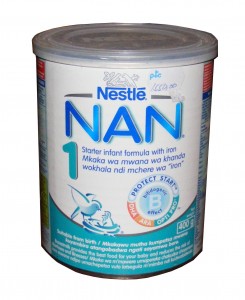I’m always an advocate when it comes to preserving the environment. When I read Andrea Banzon’s recent blog post, I was devastated as to how a company could be so socially irresponsible.
Texaco, a company affiliated with Chevron, dumped over 18 billion gallons of waste into the rivers of Ecuador’s Amazon rainforest twice in the past two decades. With massive amounts of toxins in the rivers, communities have been barricaded from one of the natural resources they majorly depend on. The waste resulted in crop failure, water contamination, and birth defects in children.
Many Amazonian tribes brought a lawsuit upon Chevron; the company has claimed that Texaco spent over $40 million on removing the waste.
The idea of ethics was clearly not considered in Texaco’s actions. I agree with Andrea’s statement that “Chevron should be willing to pay the extra buck to avoid pollution.” During our presentation from David Silver, he discusses from Milton Friedman that “the only social responsibility of business is to earn profits while following… basic ethical customs.” Texaco didn’t realize that while destroying nature, they could also destroy many lives as well, lives that should be treated with fairness.

Do you want to bathe in that? I don’t.
http://www.flickr.com/photos/rainforestactionnetwork/4858691698/
Resources:
http://www.globalpost.com/dispatches/globalpost-blogs/que-pasa/chevron-must-pay-amazon-damage-court


Recent Comments